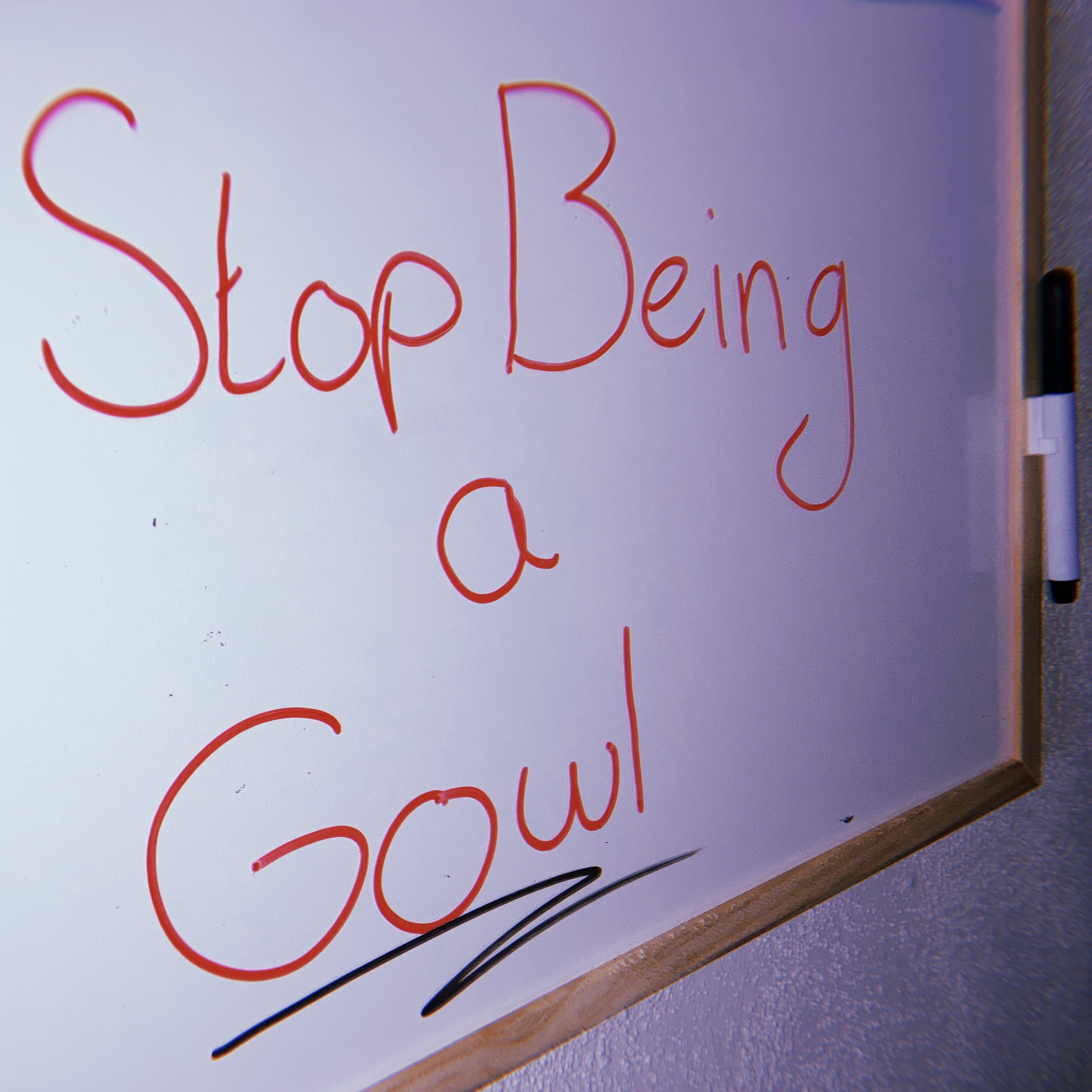This is Why You Feel Attacked

If you spend any time online then it’s fair to say you’ve been in this position at some stage. It usually goes like this: You’re scrolling through your feed and you see a tweet that highlights some negative aspect of human behaviour. Your subconscious brain attributes this tweet to you personally, as you sometimes behave in that way, and you suddenly feel like that tweet, by that person, was about you. You say something like, “I feel attacked”. We’ve all been there.
I tweeted some things recently that must have caused this reaction in people. I said that I think travelling abroad right now, even though it’s technically allowed, is irresponsible and disrespectful (I said it in different words but still). I do think that’s true but it wasn’t a tweet aimed at one person directly, it was a general statement. The only people who took issue with the tweet were people who were planning to travel abroad and felt ‘attacked’.
The psychology of this phenomenon is interesting. It’s interesting because if you feel attacked, you at least on some level know that the behaviour in question is something you do. You feel attacked because what the person has said can be attributed to yourself. If you don’t smoke and I say something like “People who smoke are all silly geese” you won’t feel attacked because you do not smoke.
The more interesting part of this though, is that deep down, you know that what you are doing is wrong, or not what you would be doing if you knew better. If how you behaved was moral and responsible, you wouldn’t feel attacked no matter what someone else said about the behaviour. If what was said was untrue, it wouldn’t affect you. The feeling of being attacked comes from the fact that what you read was true, it was something you did, and you know that it isn’t a flattering behaviour.
We don’t get angry at things people say about us that are untrue for the most part. If you’re 6’5 and someone says you’re small, you won’t bat an eyelid. It is only when someone calls out one of our flaws that we are aware of but choose not to acknowledge that we get enraged. We get angry because what that person said was true, and we didn’t want to hear it.
It’s an aspect of the social media era that can highlight how dishonest we tend to be with ourselves in order to cope with day-to-day things. We’ll justify our own behaviours as good, even though we’d say they are bad things to do if we saw someone else doing them.
So the next time you see something online that makes you feel attacked, it is not that person’s fault that the shoe fits. If someone describes a behaviour that is bad and it makes you feel personally attacked, that just means there are parts of your life that need attention. It means that you aren’t living in line with how you view the world, and that will make you feel badly.
We all know this to be true as well. We just choose to avoid accepting that we have flaws which results in us never actually trying to better ourselves at all.
Drink water,
